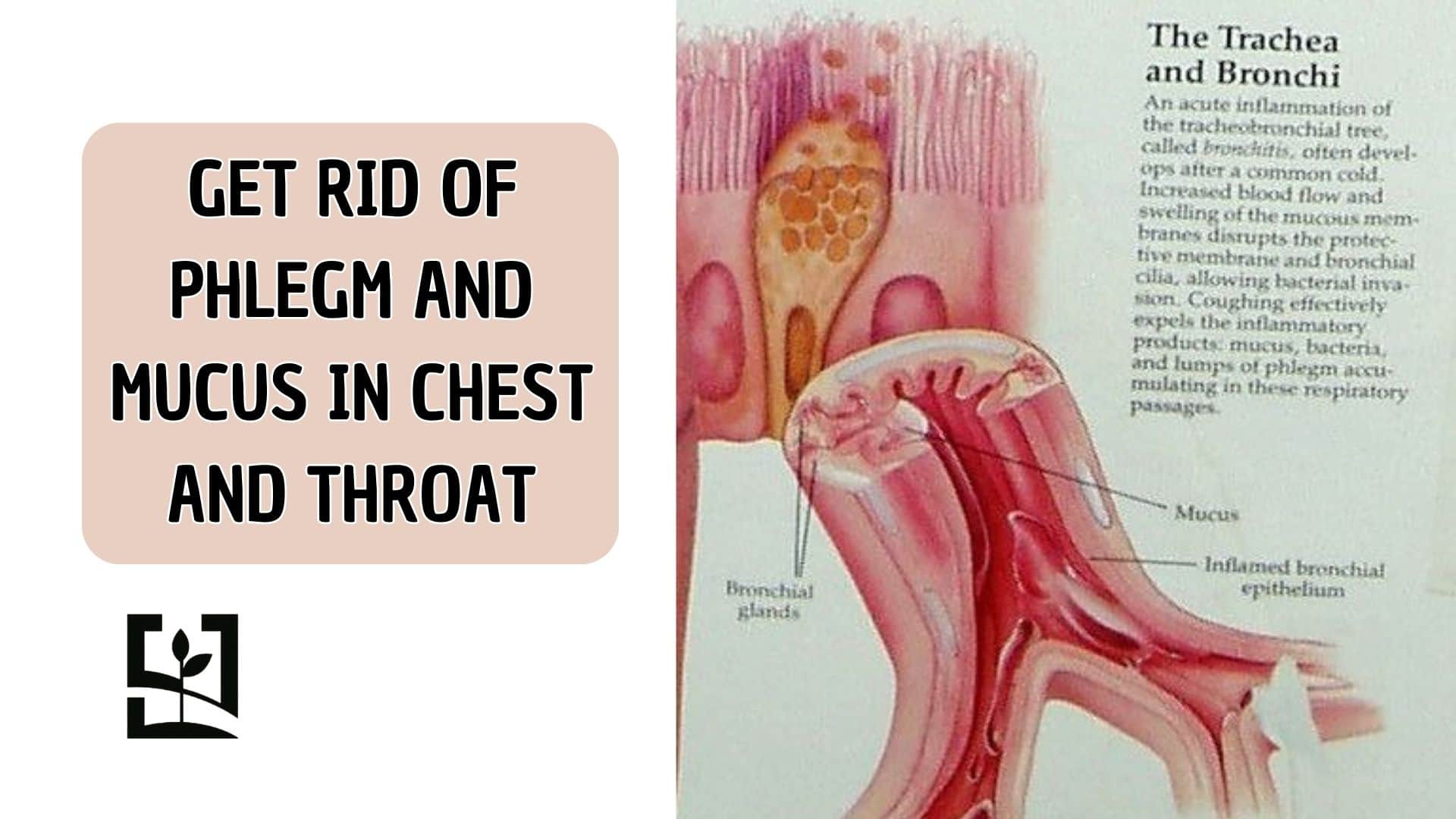Excessive phlegm and mucus in the chest and throat can be unpleasant, but there are several ways to reduce this problem. Individual reactions may vary, so if you are suffering from chronic or severe symptoms, it is best to see a health care professional for a thorough evaluation and consultation. Here are some relaxation techniques:
Drinking plenty of fluids, such as water, herbal teas, and clear soups, can thin mucus and make it easier to clear your throat and chest.
Gargle with warm salt water: Gargling with warm salt water can soothe your throat and loosen mucus. Mix half a teaspoon of salt into a glass of warm water, swish it around your mouth for 15-30 seconds, then spit it out.
Inhaling the steam from a cup of hot water can help remove mucus and make coughing easier. Be careful not to burn yourself and add a few drops of eucalyptus or peppermint oil to the water to ease discomfort.
Using a humidifier in your room can help increase air humidity and lubricate your airways, making it easier to expel mucus.
Over-the-counter expectorants: These medications can help reduce congestion, thin mucus, and help eliminate mucus. If you have any medical problems or are taking any medications, always follow instructions and consult a health care professional.
Honey and lemon: Honey soothes the throat and provides vitamin C, while lemon helps thin mucus. Mix a spoonful of honey and the juice of one lemon in warm water.
Maintain an upright position: Lying down can increase congestion in the chest and throat. Sleeping upright or with support can relieve congestion.
Avoid irritants: Smoking and contact with irritants such as mucus, strong odors, etc. should be avoided, which can cause throat irritation and contamination.
Coughing Techniques: If you need to expel mucus, use a controlled and effective coughing technique. After taking a deep breath, cough hard and hold it for a few seconds to help clear your airways.
Nutrition: A balanced diet rich in fruits, vegetables, and fluids will help your immune system and overall health. If your symptoms persist, become severe, or are accompanied by other symptoms such as high temperature, trouble breathing, or chest pain, get medical help right away. Depending on your situation, a healthcare professional can make an accurate diagnosis and recommend appropriate treatment.

